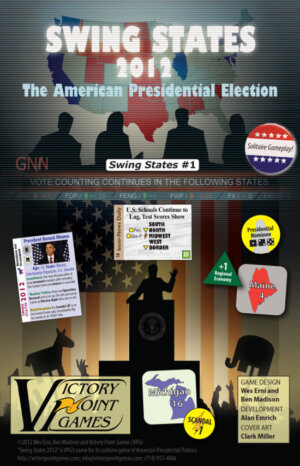
The game looks to be an interesting take on the political climate of today as well as a look behind the curtain of the modern political machine on a national level.
Here’s a closer peek from VPG:
Sometimes the stars align perfectly and things “just happen.” That is exactly how it seemed to us when Wes Erni and Ben Madison turned in their design for Swing States 2012. Here was a game that is extremely topical and could reach a very broad market if is developed and marketed correctly. Its arrival would have been more fortuitous if we had received earlier (giving us more time to bring it along and craft more ‘oomph’ into our marketing efforts), but if The Little Game Company can focus its energy on this game, we have a great shot of releasing a winning title that brings plenty of new exposure for itself, for Victory Point Games, and most importantly, for our hobby of nerdy strategy games. But the challenges are daunting…
but if The Little Game Company can focus its energy on this game, we have a great shot of releasing a winning title that brings plenty of new exposure for itself, for Victory Point Games, and most importantly, for our hobby of nerdy strategy games. But the challenges are daunting…
The action in Swing States 2012 begins right after America’s largest political parties, the democrats and republicans, have concluded their national conventions at the end of August / beginning of September of this year.
So, right away, we’re looking at an impending deadline to release this game by that is close. With our prodigious manual game production schedule, getting a paper-game version released in time seems quite do-able, but to really reach the masses, we are looking at doing an app game version, too. How quickly could we get a quality app game version done is our next question, even as we hasten the manual game out for playtesting. We are enamored of the idea of an app game version because with it we could get this game on the smart devices of every political pundit and prognosticator who had one and get them playing and, in a savvy public relations move, talking about it (you can’t buy advertising like that).
Reach and Outreach

 So the plan quickly became to put our crack developer (and political junkie), Alan Emrich, on this game in an effort to get it up to standards quickly and add “mass market” touches by adding in the rich characters and story of an American Presidential Election. The game that arrived on our doorstep was a great strategy game when we received it, as was clearly demonstrable from playing it, but by smoothing out the documentation, refining the procedures, and adding increased narrative dimensions to the taut gameplay experience, Alan has taken Swing States 2012 up a notch (and in rapid time) working closely with Wes and Ben to really deliver a knock-out product. Currently, the game has marched through alpha testing and is out the door to a full slate of beta testers who should be receiving it soon and reporting back.
So the plan quickly became to put our crack developer (and political junkie), Alan Emrich, on this game in an effort to get it up to standards quickly and add “mass market” touches by adding in the rich characters and story of an American Presidential Election. The game that arrived on our doorstep was a great strategy game when we received it, as was clearly demonstrable from playing it, but by smoothing out the documentation, refining the procedures, and adding increased narrative dimensions to the taut gameplay experience, Alan has taken Swing States 2012 up a notch (and in rapid time) working closely with Wes and Ben to really deliver a knock-out product. Currently, the game has marched through alpha testing and is out the door to a full slate of beta testers who should be receiving it soon and reporting back.

 In Swing States 2012, you must manage a political campaign to get your party’s “ticket” (of its Presidential and Vice-Presidential nominees) the 270 electoral votes required to win the White House for the next four years. It is a solitaire game where “the system” has its own randomness and artificial intelligence built in to challenge you, but your strategies and skill definitely tilt the outcome on election night.
In Swing States 2012, you must manage a political campaign to get your party’s “ticket” (of its Presidential and Vice-Presidential nominees) the 270 electoral votes required to win the White House for the next four years. It is a solitaire game where “the system” has its own randomness and artificial intelligence built in to challenge you, but your strategies and skill definitely tilt the outcome on election night.
 Each turn, events unfold and you must react to them (and get ahead of the next ones) by committing your financial resources and key figures (i.e., where should you position each of the nominees and their surrogate? In a particular Region to work the electorates there, or back at Campaign HQ to help with strategic matters?). In each Region of the country, your Strategy marker shows your popularity among the voters as well as indicating your current strategy in that Region, either to Advertise (which allows you to spend money there and go on “offense”) or to Campaign (a cheaper “defense” position that better protects your political gains there). Managing the money, talent, and other resources between the headlines of the day and scheduled political debates is an exhilarating high-wire act for any campaign manager, and we’re sure that players will enjoy the interesting situations the game presents causing them to consider both long-term and short-term solutions.
Each turn, events unfold and you must react to them (and get ahead of the next ones) by committing your financial resources and key figures (i.e., where should you position each of the nominees and their surrogate? In a particular Region to work the electorates there, or back at Campaign HQ to help with strategic matters?). In each Region of the country, your Strategy marker shows your popularity among the voters as well as indicating your current strategy in that Region, either to Advertise (which allows you to spend money there and go on “offense”) or to Campaign (a cheaper “defense” position that better protects your political gains there). Managing the money, talent, and other resources between the headlines of the day and scheduled political debates is an exhilarating high-wire act for any campaign manager, and we’re sure that players will enjoy the interesting situations the game presents causing them to consider both long-term and short-term solutions.
For all that, the game plays in about a half-hour, and ends with a “bang” on Election Night. Each of the 25 swing states contested during play has a two-sided counter showing it as going either blue (democratic) or red (republican). To end the game, the player aid sheet is flipped to its Election Night map of the United States with the 25 “fixed” states pre-colored blue or red, and the swing state markers used to fill in the map, just as American see on the news on that fateful Tuesday evening in November. As you place the swing  states won by both parties, several will remain as “toss ups” that are resolved by a single modified die roll. Playing smart is vital, but finishing well with your candidates and Strategy markers positioned “just so” to optimize your destiny on Election Night is crucial.
states won by both parties, several will remain as “toss ups” that are resolved by a single modified die roll. Playing smart is vital, but finishing well with your candidates and Strategy markers positioned “just so” to optimize your destiny on Election Night is crucial.
Swing States 2012 is a strategy game with a Euro / States of SiegeTM-y feel  to it. It is Euro in the sense that the story elements serve the game system (more than the other way around), and States of SiegeTM-like in the feel of its “roll the die to best this number” quick resolution mechanics which allow the game to flow quickly and smoothly. When combined with VPG’s new Gold Banner component quality, the game’s 75 cards (of many different types, including Headline, Special, Candidate and Opposition Research), thick mounted counters, and sharply printed player aids make for a very compelling physical game package, show here with Chris Taylor playtesting.
to it. It is Euro in the sense that the story elements serve the game system (more than the other way around), and States of SiegeTM-like in the feel of its “roll the die to best this number” quick resolution mechanics which allow the game to flow quickly and smoothly. When combined with VPG’s new Gold Banner component quality, the game’s 75 cards (of many different types, including Headline, Special, Candidate and Opposition Research), thick mounted counters, and sharply printed player aids make for a very compelling physical game package, show here with Chris Taylor playtesting.
Teaching Politics
What Swing States 2012 is not is a political diatribe banging you over head to convert the player to a particular ideology. Partisan elements for both sides are very low-gloss so that they do not distract from the gameplay experience, and players are free to (and easily can) write their own “political narrative” subtext into every card and die roll. Being  developed by a teacher, we’re trying to position Swing States 2012 to show its remarkable possibilities for classroom use when the subject is current events and/or political science, as it shows the strategic nature of a political campaign and how candidates and their advisor’s decisions affect election outcomes.
developed by a teacher, we’re trying to position Swing States 2012 to show its remarkable possibilities for classroom use when the subject is current events and/or political science, as it shows the strategic nature of a political campaign and how candidates and their advisor’s decisions affect election outcomes.
The candidate cards were tricky to put together. First, they had to have sufficient “flavor” to give them verisimilitude without being too harshly judgmental. Second, each of their attributes (assets and liabilities) had to have a corresponding gameplay effect that was not unbalancing. And Third, we just plain had to guess about who might step forward for each part to fill the role of “fantasy candidates” for a player’s experimental “dream ticket” to run through the game’s campaign simulator. While there were a lot of republican candidates and Vice-Presidential considerations being floated around, conjecturing who might be a Presidential or Vice-Presidenti al pick for a fantasy democratic ticket was a bit more problematic. And with only so many cards in the manual game version of Swing States 2012, we had to make some interesting decisions about who was “in” and who was “out.”
al pick for a fantasy democratic ticket was a bit more problematic. And with only so many cards in the manual game version of Swing States 2012, we had to make some interesting decisions about who was “in” and who was “out.”
The final addition to the game arrived in the form of “opposition research.” This means investigating the “dirt” about your opponent’s past and shining a light on anything bad you find at the most politically damaging moment possible. It’s a time-honored political tradition that, in American presidential politics, is known as the “October Surprise” (since our elections are in November). In game terms, it is a high risk (drawing an Opposition Research card is expensive at $2 each, and many are weak or dud cards), high reward (drawing an October Surprise from the deck really gives you a huge boost at the end when your opposition is in poor condition to resist) strategy that is the player’s to consider.
The boardgame version should be finished by the time the computer game developers complete their work on digital Levee en Masse (which is looking and playing amazing, by the way; see the update later in this article). At that point, we will come to a fork in the road and must decide if we can get an app game version of Swing States 2012 out in time for the close of the parties’ nominating conventions (early September). Also, with the published boardgame version in hand, we will want to get those out to reviewers and political pundits who play boardgames to get some “buzz” going on this intriguing and incisive political campaign simulation. Should this game resonate, of course, the possibilities for doing a Swing States 2016 in the future is a distinct possibility, but the game engine is robust enough to retrofit to different American Presidential elections of the past and resolving them in the same neat 30-minute time period.
“The word politics comes from the Greek ‘poly,’ meaning many, and the English ‘ticks,’ which are blood-sucking insects.” – James Carville
Swing States is a solitaire game simulating a U.S. presidential election in a given year. You are a political strategist hired by the nominee to win the Presidential Election for either the Democratic Party (symbolized by a donkey) or the Republican Party (symbolized by an elephant).
You must make strategic decisions regarding fund-raising and expenditures, where to campaign and where to advertise, when and where to send the nominees and vital surrogates, how much time they should spend fund-raising, preparing for debates, conducting opposition research, and dealing with scandals that appear out of nowhere.
Grab a campaign button and vote for Swing States today!
Game Data:
Number of Players: 1
Ages: 12 and up
Playing Time: approximately 40 minutes
Complexity: 4 on a 9 scale
Solitaire Suitability: 9 on a 9 scale
Scale: The player is a political strategist, and the play of one Game Turn equals about half a week of real time (i.e., the days between each party’s nominating convention in the late summer and the general election in early November).
Game Components:
• One two-sided Situation Room mat
• One two-sided Player Aid/Election Night mat
• 5 triangular game pieces
• 6 round game pieces
Game Design: Wes Erni and Ben Madison
Development: Alan Emrich
Graphic Design: Alan Emrich
Game Map & Cover Art: Clark Miller
Playtesting: Fred Abbound, Ed Bartholomew, Deon Carrico, Amy Durnford, Mark Edwards, Logan Foster, Louis Guzman, Johnnie Jahn, Clark Miller, Tony Morgan, David Spangler, John Stryker, Chris Taylor, Zachary Vandekamp
Proofreading: The usual suspects..
- Chivalry & Sorcery Fifth Edition Reviewed - Nov 3, 2024
- Campaign Builder: Castles & Crowns Reviewed - Nov 2, 2024
- The Roleplaying Game of the Planet of the Apes Quickstart | First Look and Page-Through - Nov 1, 2024





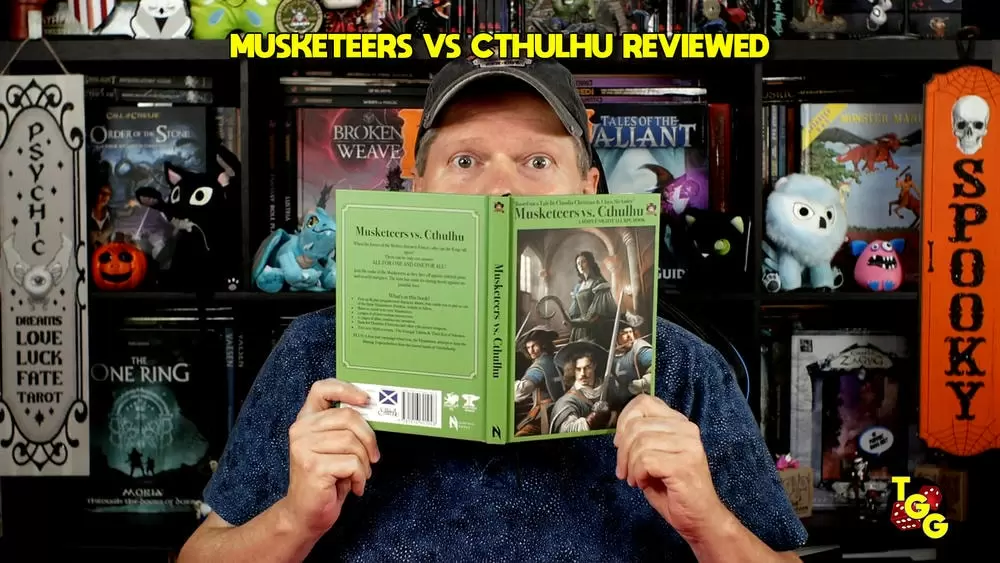
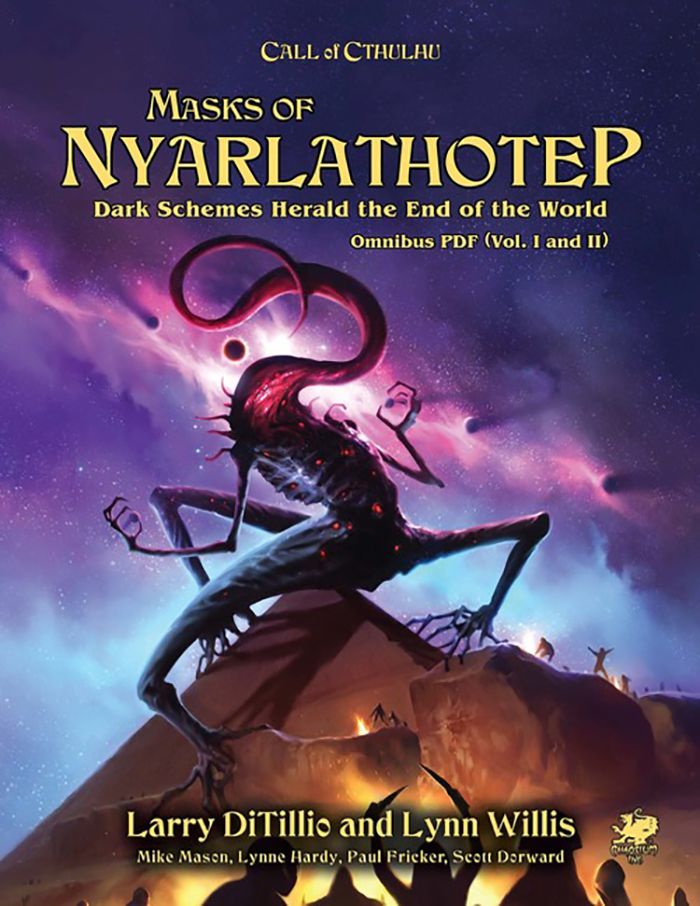

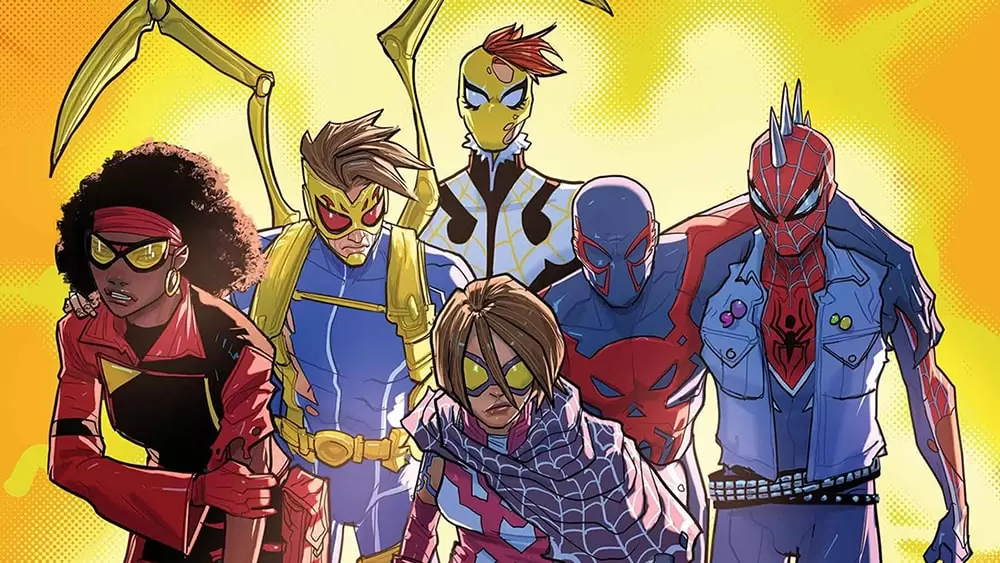



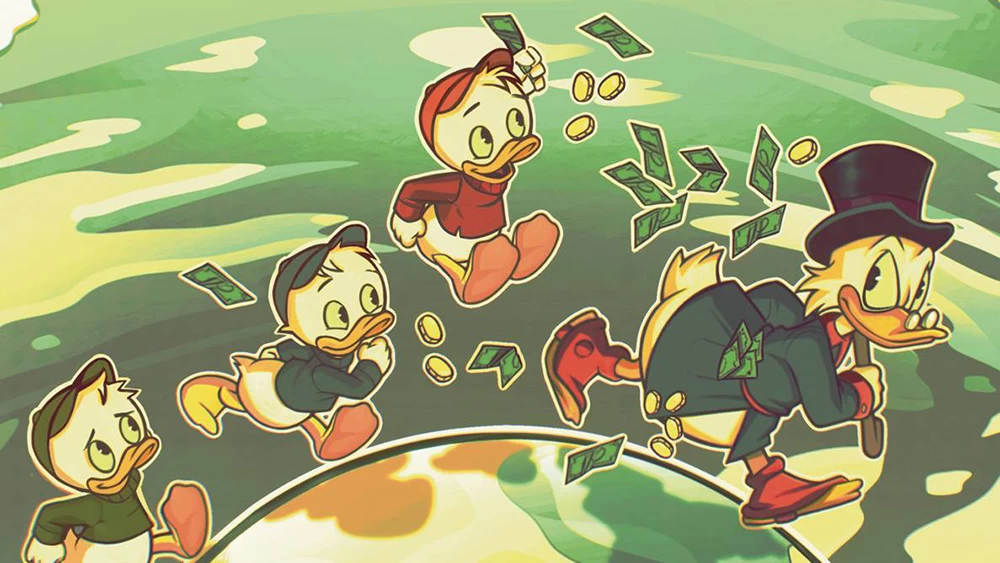
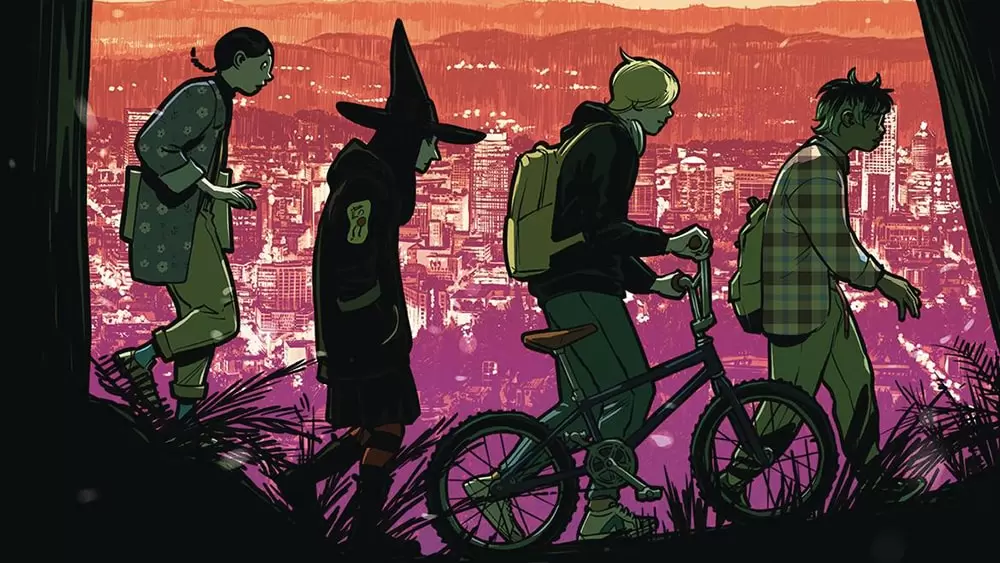
We’re hoping to go live with the release of SWING STATES 2012 this weekend or early next week.
Alan Emrich